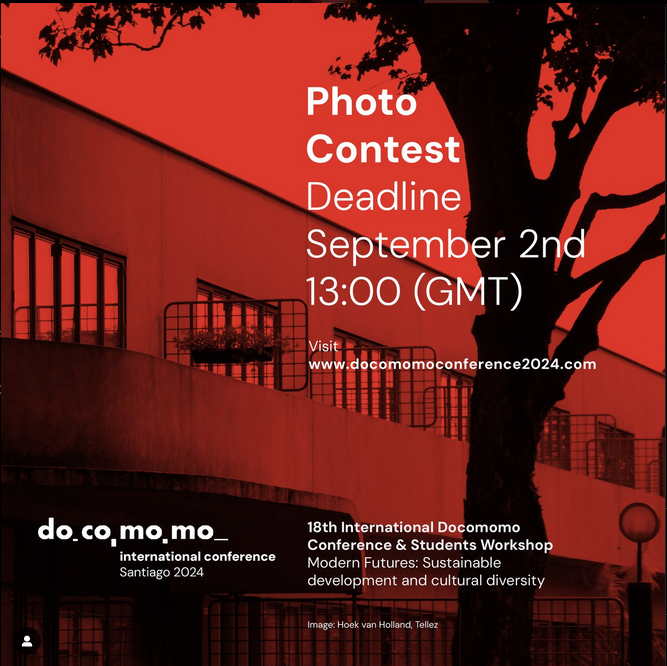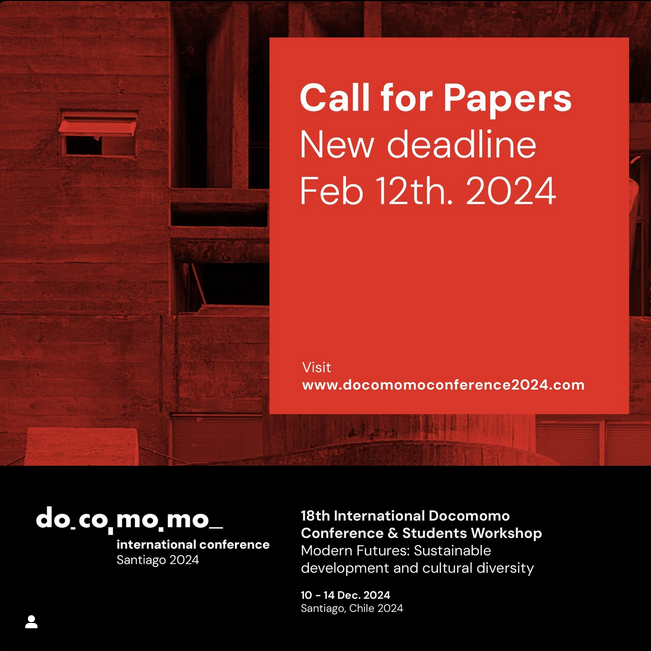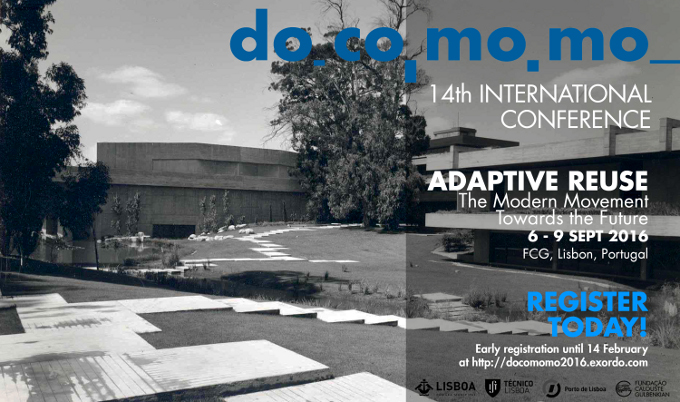
The biennial International Docomomo Conference is headed stateside for only the second time since the founding of Docomomo. Attendees can look forward to exciting venues, rigorous academic sessions, networking opportunities, social events, and the Docomomo tours you know and love.
Start planning now to join us in Los Angeles in March 2026, where we will explore the pluralistic nature of the twentieth-century global modern movement and its diverse legacies, examining how climate, community, and creativity have shaped and continue to shape the built environment. Our host city of Los Angeles, an embodiment of multiple moderns, serves as inspiration for the theme.
IDC 2026 Call for Abstracts!
Docomomo International invites practitioners, educators, researchers, and scholars involved in the documentation, conservation, and renovation of buildings, sites, and neighborhoods of the modern movement to submit paper abstracts on the theme Multiple Moderns: Climate, Community, Creativity.
We encourage proposals that support the conference theme and the subthemes (below), that advance our collective practice in the documentation and conservation of modern works, and expand our understanding of modernism globally to assist in the development of educational frameworks and tools for a new generation of designers.
This could include historic research and scholarship, educational and pedagogical applications, and case studies in conservation practice related to one of the following themes:
Mobility and Sprawl
Modernism in the Sun
Late Twentieth-Century Modernism
Community Adaptation and Repurposing
Creativity and CollaborationAbstracts may be submitted between Thursday, May 1, and Monday, June 2, 2025. Participants will be notified in early August 2025, and a first draft will be expected by Wednesday, October 1, 2025.
Speakers are expected to submit a full paper no longer than 3,000 words by Monday, January 26, 2026, to be included in the conference proceedings. Paper submission guidelines will be provided to participants once abstracts are selected.
Speakers receive a reduced registration rate of $200. Students receive a reduced rate of $100.
Submissions will be reviewed by the IDC 2026 Scientific Committee, which includes representation from Docomomo International, Docomomo chapters, and the ISCs.
Scientific Committee Members
Theodore Prudon (Co-Chair), Docomomo US | ISC/Technology, ISC/Education & Training
Chandler McCoy (Co-Chair), Docomomo US | ISC/Education & Training
Jesus “Chuy” Barba Bonilla, Docomomo US
Meredith Bzdak, Docomomo US
Maristella Casciato, Past Chair, Docomomo International
Wessel De Jonge, Co-Founder, Docomomo International; Docomomo The Netherlands | ISC/Technology
Miles Glendinning, Docomomo Scotland | ISC/Publications, ISC/Urbanism & Landscape
Elsa Haarstad, Docomomo US
US Katie Horak, Docomomo US
Kuukuwa Manful, Docomomo Ghana
Louise Noelle, Docomomo Mexico | ISC/Registers, ISC/Publications
Kyle Normandin, Docomomo US | ISC Technology
Ken Oshima, Docomomo Japan
Uta Pottgiesser, Chair, Docomomo International
Marta Peixoto, Docomomo Brazil
Horacio Torrent, Docomomo Chile | ISC/Registers
Ying Zhou, Docomomo Hong Kong
Sheats Goldstein House, John Lautner, 1963. Photograph by Elizabeth Daniels.
The 19th International Docomomo Conference is organized with the direct support of Docomomo International; Docomomo US; the Docomomo US/Southern California chapter; the University of Southern California, School of Architecture; and Getty.
 Follow
Follow







